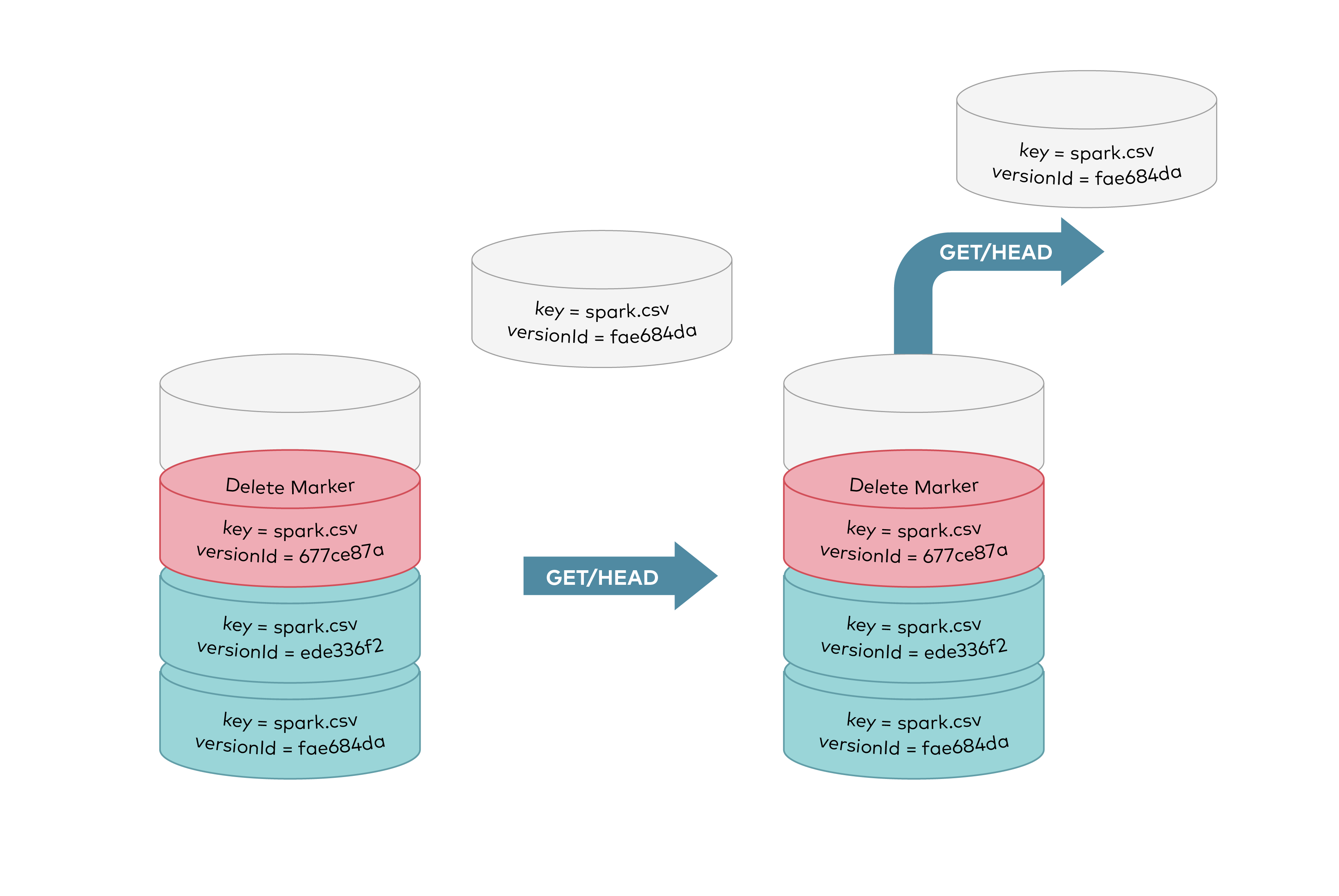- Sort Score
- Result 10 results
- Languages All
Results 91 - 100 of 1,276 for need (0.02 sec)
-
impl/maven-core/src/main/java/org/apache/maven/lifecycle/internal/MojoDescriptorCreator.java
Registered: Sun Dec 28 03:35:09 UTC 2025 - Last Modified: Tue Mar 25 09:45:07 UTC 2025 - 11.3K bytes - Viewed (0) -
docs/en/docs/tutorial/request-files.md
* E.g., `await myfile.seek(0)` would go to the start of the file. * This is especially useful if you run `await myfile.read()` once and then need to read the contents again. * `close()`: Closes the file. As all these methods are `async` methods, you need to "await" them. For example, inside of an `async` *path operation function* you can get the contents with: ```Python contents = await myfile.read() ```
Registered: Sun Dec 28 07:19:09 UTC 2025 - Last Modified: Sun Aug 31 09:15:41 UTC 2025 - 7.3K bytes - Viewed (0) -
impl/maven-core/src/main/java/org/apache/maven/lifecycle/DefaultLifecycles.java
} /** * We use this to map all phases to the lifecycle that contains it. This is used so that a user can specify the * phase they want to execute, and we can easily determine what lifecycle we need to run. * * @return A map of lifecycles, indexed on id */ public Map<String, Lifecycle> getPhaseToLifecycleMap() { if (logger.isDebugEnabled() && !lifecyclesPrinted) {Registered: Sun Dec 28 03:35:09 UTC 2025 - Last Modified: Sat Apr 05 11:52:05 UTC 2025 - 6.6K bytes - Viewed (0) -
build-logic/jvm/src/main/kotlin/gradlebuild/jvm/JvmCompilation.kt
if (doUseRelease) { target } else { null } } } // Need to use afterEvaluate since source/target compatibility are not lazy afterEvaluate { tasks.withType<JavaCompile>().configureEach { if (!useRelease().get()) {
Registered: Wed Dec 31 11:36:14 UTC 2025 - Last Modified: Fri Sep 19 05:45:14 UTC 2025 - 5.8K bytes - Viewed (0) -
android/guava-tests/benchmark/com/google/common/io/ByteSourceAsCharSourceReadBenchmark.java
// it is kind of lame that we need to construct a decoder to access this value. // if this is a concern we could add special cases for some known charsets (like utf8) // or we could avoid inputstreamreader and use the decoder api directly // TODO(lukes): in a real implementation we would need to handle overflow conditionsRegistered: Fri Dec 26 12:43:10 UTC 2025 - Last Modified: Tue May 13 18:46:00 UTC 2025 - 5.2K bytes - Viewed (0) -
docs/en/docs/advanced/dataclasses.md
This works the same way as with Pydantic models. And it is actually achieved in the same way underneath, using Pydantic. /// info Keep in mind that dataclasses can't do everything Pydantic models can do. So, you might still need to use Pydantic models. But if you have a bunch of dataclasses laying around, this is a nice trick to use them to power a web API using FastAPI. 🤓 ///
Registered: Sun Dec 28 07:19:09 UTC 2025 - Last Modified: Fri Dec 26 10:43:02 UTC 2025 - 4.2K bytes - Viewed (0) -
android/guava/src/com/google/common/math/DoubleUtils.java
// exponent == floor(log2(abs(x))) if (exponent < Long.SIZE - 1) { return x.longValue(); } else if (exponent > MAX_EXPONENT) { return x.signum() * POSITIVE_INFINITY; } /* * We need the top SIGNIFICAND_BITS + 1 bits, including the "implicit" one bit. To make rounding * easier, we pick out the top SIGNIFICAND_BITS + 2 bits, so we have one to help us round up or
Registered: Fri Dec 26 12:43:10 UTC 2025 - Last Modified: Sat Dec 21 03:10:51 UTC 2024 - 5.1K bytes - Viewed (0) -
docs/bucket/versioning/README.md

Registered: Sun Dec 28 19:28:13 UTC 2025 - Last Modified: Tue Aug 12 18:20:36 UTC 2025 - 12K bytes - Viewed (0) -
src/archive/zip/testdata/readme.zip
visiting http://localhost:6060/doc/install.html. Unless otherwise noted, the Go source files are distributed under the BSD-style license found in the LICENSE file. -- Binary Distribution Notes If you have just untarred a binary Go distribution, you need to set the environment variable $GOROOT to the full path of the go directory (the one containing this README). You can omit the variable if you unpack it into /usr/local/go, or if you rebuild from sources by running all.bash (see doc/install.html)....
Registered: Tue Dec 30 11:13:12 UTC 2025 - Last Modified: Sat Jul 11 14:36:33 UTC 2015 - 1.8K bytes - Viewed (0) -
.teamcity/README.md
## Develop and verify After you make a change, you can run `mvn clean teamcity-configs:generate` to generate and verify the generated TeamCity configuration XMLs. You also need to run `mvn clean verify` with Java 8 before committing changes. If you have ktlint errors, you can automatically fix them by running `mvn com.github.gantsign.maven:ktlint-maven-plugin:1.1.1:format`.
Registered: Wed Dec 31 11:36:14 UTC 2025 - Last Modified: Wed Mar 06 23:02:25 UTC 2024 - 4K bytes - Viewed (0)